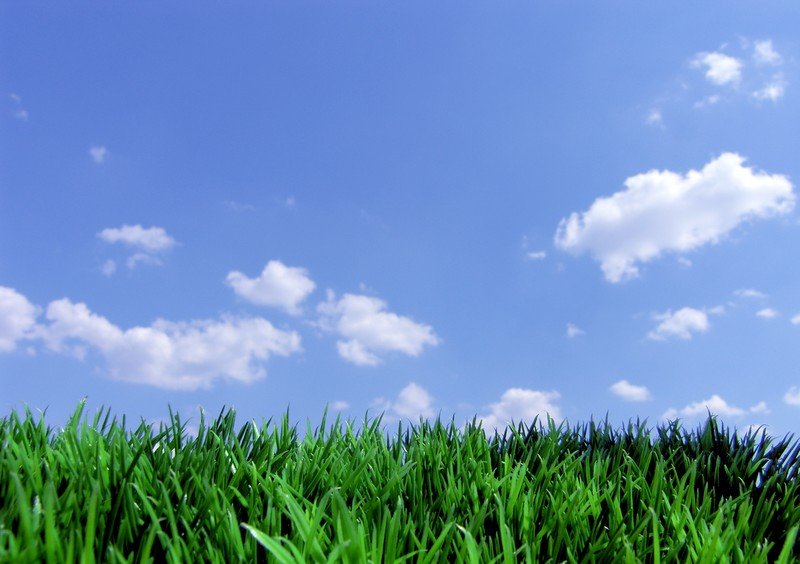
Hamilton Allergy Center Blog

March (Pollen) Madness!
With springtime just around the corner, soaking up some sun outside sounds like a dream. If you have pollen allergies though, it can be a little harder to relax. Tree pollen is a top allergen during March. It can cause symptoms like watery eyes, sneezing and a runny nose. As the pollen levels shift during the warmer seasons, be prepared with an allergy control plan that works for you. Try checking the pollen count in your area or consult with a specialist about remedies like antihistamines (allergy medications) so you don’t have to miss out on any of the outdoor fun.

Make 2023 The Healthiest Year Yet
Happy New Year! Let’s make 2023 the healthiest year yet. January tends to be new year’s resolutions season but making changes to improve our quality of life is not limited to just one month. If you want to work on improving your gut health to manage food allergies/intolerances today, take the first step by getting an evaluation in the office. From the evaluation, we can identify food triggers that are upsetting your gut and causing you discomfort. Similarly, if you entered the new year still suffering with your asthma, visit our homepage and select the gray box at the top that reads “CLICK HERE TO REQUEST APPOINTMENT OR CONTACT US” so we can begin resolving your concerns. Combining our special natural methods along with the latest treatments, we can work with you to improve your symptoms for 2023 and beyond.

Afraid to eat this THANKSGIVING?
Come in for a food allergy/intolerance evaluation. Along with identifying triggers, we can show you how to heal your gut using natural, food-based protocols. Improvement in daily symptoms and ability to tolerate more foods has been life-changing for our patients. Some of them were told they have irritable bowel syndrome (IBS) but weren't told what to do about it but we have concrete plans that can help. Stop fearing food and figure out how to resolve your food issues once and for all.

Fall Allergies - Rain & Wind Can Ramp Up Mold Spores In October
Fall allergies usually ease by October (but sometimes stay active into November in this area). Seasonal rain and wind can ramp up mold spores so if your fall allergies include mold or fungi spores then your symptoms may linger until the ground freezes. As we start to use our heaters more, many persons will also develop increased stuffiness, sneezing and snoring from excessive dryness. Adding nasal washes and moisturizers can help a lot, but be careful to use products approved for such use in the nose. Nose bleeding is another common condition at this time and a regimen to heal and prevent such bleeding can be very helpful during this transitional month.

April Showers Can Bring … Spring Allergies
April showers can bring … spring allergies. All that rain leads to blooming flowers which leads to more pollen which causes severe discomfort to people with spring allergies. In this part of the country, grass pollen also emerges in April. So along with high pollen from trees and flowers you can expect rising grass pollen which all together makes this time of year especially miserable for the pollen allergic. Having a good allergy “sick” or “exacerbation” plan is crucial at this time, so you can increase key treatments ASAP to stay ahead of symptoms before they get out of control.

March and Tree Pollen
Tree pollen is high on the list of allergens for March, the beginning of spring.
Though nice spring weather beckons you outside, if you have spring allergies, keep your eye on the pollen count. The higher the count, the worse your allergies will be. A good place to check pollen counts is at the National Allergy Bureau of the American Academy of Allergy Asthma & Immunology (pollen.aaaai.org).
You should have a flexible allergy control plan to keep symptoms well managed even as pollen levels fluctuate.

Who should visit our practice?
Healthy women who WANT to become pregnant.
Who should see an allergist? Healthy women who WANT to become pregnant.
About 8% of US children have a current food allergy while rates of food allergy have continued rising (for unknown reasons). Though we can’t explain why, we can suggest steps future MOMs can try that might reduce risks for food allergy in their future offspring.
Some suggestions are easy (like washing dishes by hand during pregnancy and infancy). Some are harder (like living on a farm during pregnancy and infancy). Some suggestions require avoiding things (like antibiotics, acid blockers, processed foods, etc). Others suggest adding things (like specific probiotics for pregnant women and infants). Many suggestions depend on family factors, like the presence of allergic illnesses in immediate family. In some such cases, increased consumption of certain allergenic foods (such as peanut) is protective. But most people do not know that avoiding certain foods at critical times is also protective (such as avoiding cow’s milk during an infant’s first weeks of life).
The information surrounding prevention of food allergy is VERY complex and constantly changing. It requires experts to tailor suggestions to an individual mother’s specific circumstances. Some suggestions start BEFORE conception. I have been seeing moms of currently food allergic kids who want advice for planning their NEXT pregnancy. I now expect women without any children to see me about this advice BEFORE they get pregnant for the first time.







